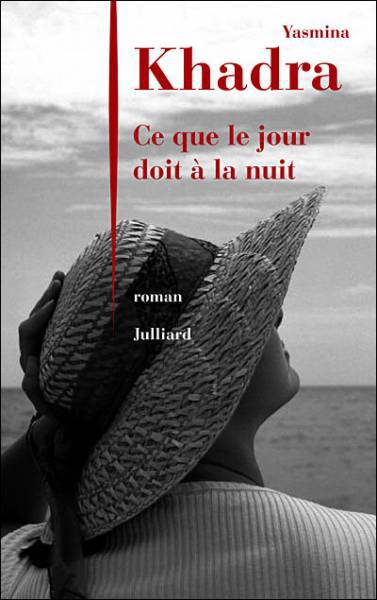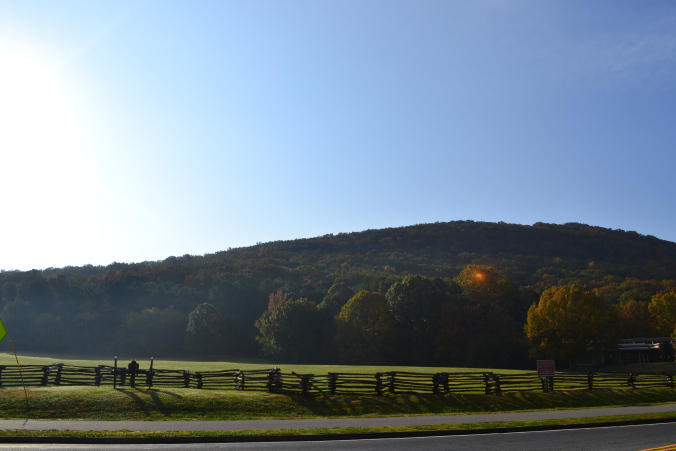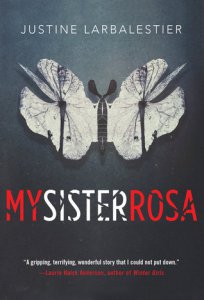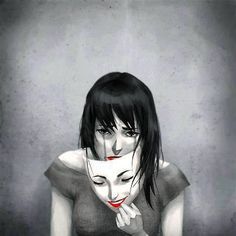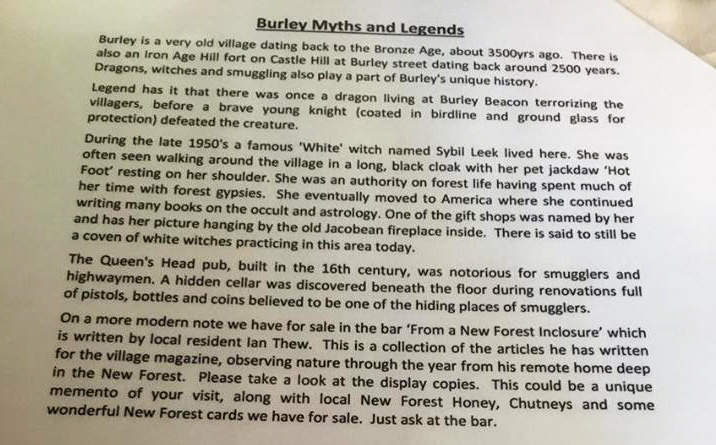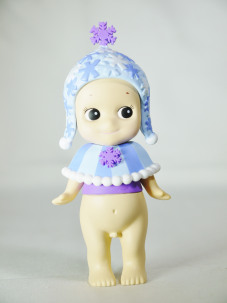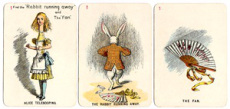For one reason or another I appreciate books written by writers from northern African countries. I realized this when I was reading this book by the Algerian writer Yasmina Khadra. I had read one of his other books Les Agneaux du Seigneur.
This book is set in Algeria and it starts in the colonial days when the French were the colonial masters and the settlers who created their own culture in the vast expanse called Algeria.
The protagonist Younes is the one we meet on many pages. He comes from humble origins. Well, maybe, I should explain that a bit more. He was raised at first in a very poor family, in the country side. Later he is ‘adopted’ by a brother of his father who is married to a French woman and who moves in modern and rich circles. When the story unfolds we learn that the ancestors of Younes were people with means. They were not poor. The stubborn father of Younes did not make life easy for his wife and children.
Younes not only enters a new house when he becomes of the family of his uncle and aunt, but he moves through this into a completely new world. In this way he meets people who are connected to his uncle (who is a pharmacist and studied in France). In his way this uncle is a pillar of society in his town Rio Salado, and even in a wider world. The parents of Younes and his younger sister end up in a very poor area of the town. At times Younes visits them.
Younes makes new friends through his connections with the world of the pied noirs. He becomes part of a closeknit group with three others: Jean-Christophe, Fabrice and Simon (a jewish boy). We follow these boys in their walk through life, the way to look at girls, the way they move in this town founded by Spanish people. We follow them throughout the years and we get to know them.
The political scene is near with the activities of uncle Mahi, who one time is imprisoned by the colonial authorities. The scene of independence is also getting near and it interferes with the group of four. Who is taking what side?
Who is taking what side? This is a question following Younes (his aunt Germaine preferred to call him Yonas). Is he part of the colonial elite (running the pharmacy of his uncle? Is he part of his background of people who lived there for centuries?
Does Younes belong to his friends when the days of independence come near? Or will they be torn apart?
Does Younes belong to his biological parents or does he belong to Mahi and Germaine, his uncle and aunt?
Where does he belong? We follow him into old age. We are observers when he meets people and at the end I felt a bit melancholy. The dead and the living wave goodbey.
I was gripped by this book, following the life of Younes with his many choices and choices made for him. Only at, I think, two places I was less enthusiastic, these were a kind of monologue interieur. Khadra is very well able to insert the ideas of these parts in the course of his book, showing what happens with Younes. But these passages do not take away at all the great impression this book left on me.
Yasmina Khadra – Ce que le jour doit à la nuit – 2008
